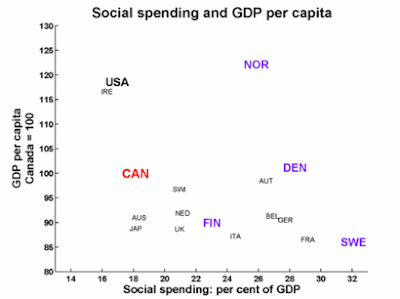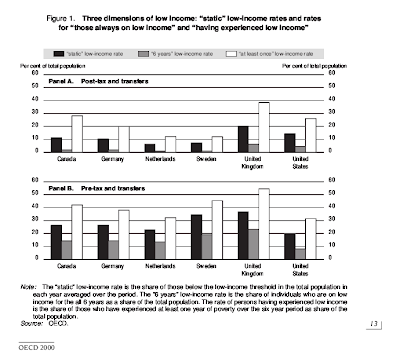My mother, Judy Hoffman, has sent me some of the results of her research into early base ball in our home town of Huntingdon, PA. We now know that the first base ball club in Huntingdon, known as the Social Base Ball Club, was started in the spring of 1866, according to the Huntingdon Globe of May 19 of that year:
Base Ball Club at Last.
We are pleased to state that a Base Ball Club is about being organized in this borough. About twenty five young men enrolled last Monday evening, and intend practising until the necessary materials for the club shall have been purchased. The young men enrolled are persons of some energy, and we have no doubt the "ball" thus set in motion will be kept on a perpetual roll until Old Huntingdon's sons will be able to cope with their most successful comrades of the bat in neighboring counties.
Someone in Huntingdon needs to send an email to the future so they don't forget to celebrate the 150th anniversary in 2016.
The pdf of clippings from 1866 Mom compiled has quite a few box scores from the Huntingdon papers, which wasn't always done elsewhere in the county:
--The Shirleysburg Herald does not countenance the game of base ball. It intimates that publishing the 'innings' is running to extremes. We would inform the editor that "base ball" is not "town ball," as he represents, and it bears a higher significance in being our National Game. We love anything originating in America, especially that which tends to banish idleness and fogyism among our people.
Unfortunately, the argument against covering base ball seems to have won out, because coverage in local papers drops precipitously in subsequent years.
One thing that I find striking is that they managed to organize a game against the Kickanaepawling club from Johnstown, PA by the middle of July. Johnstown is 70 miles away on the other side of the Allegheny Ridge. I imagine the team took the train through the then 12 year old Horseshoe Curve. The truly scary part is that that trip on a passenger train probably took the same amount of time 150 years ago as it does now. If you've ever taken a ride on that line, you know what I'm talking about. Anyhow, that's some pretty impressive networking. I don't even think they had Facebook back then!
Mom also included a set of clippings about the Huntingdon County League championship run of the 1935 Saltillo Indians, of which my grandfather, Ed Hoffman Sr., was assistant coach. I must admit that when I started to look at these clips, I wasn't sure what the big deal was, but as you get to the championship, you can imagine the epic drama this season had become:
Game To Decide County Champion...This is the fifth and deciding game of the series. Petersburg has won two games and Saltillo has won two. The competition is keen, and a good game of baseball is expected.
The final game was originally scheduled to be played on Wednesday, but through misunderstandings, misrepresentations, etc., it did not materialize. The Petersburg team last Wednesday went to the Alexandria field for the game, while the Saltillo team went to Woodvale. Both teams had large followings on that occasion. It is hoped the fans will overlook last week's disappointment, and turn out at the Blair field in Huntingdon tomorrow afternoon.
There are a few quotes from my grandfather, who passed away before I was born, from the Chicken-Waffle supper held in the team's honor after the championship:
Ed Hoffman, the assistant manager, declared Saltillo had put up a dangerous team for title honors the past two years. The town people showed their appreciating of a winning team by supplying the funds for new uniforms at the close of the season. "It was a nine man team," Mr. Hoffman stated, "with a good pitching staff and the right kind of material to support the pitcher."
.jpg)
.jpg)



